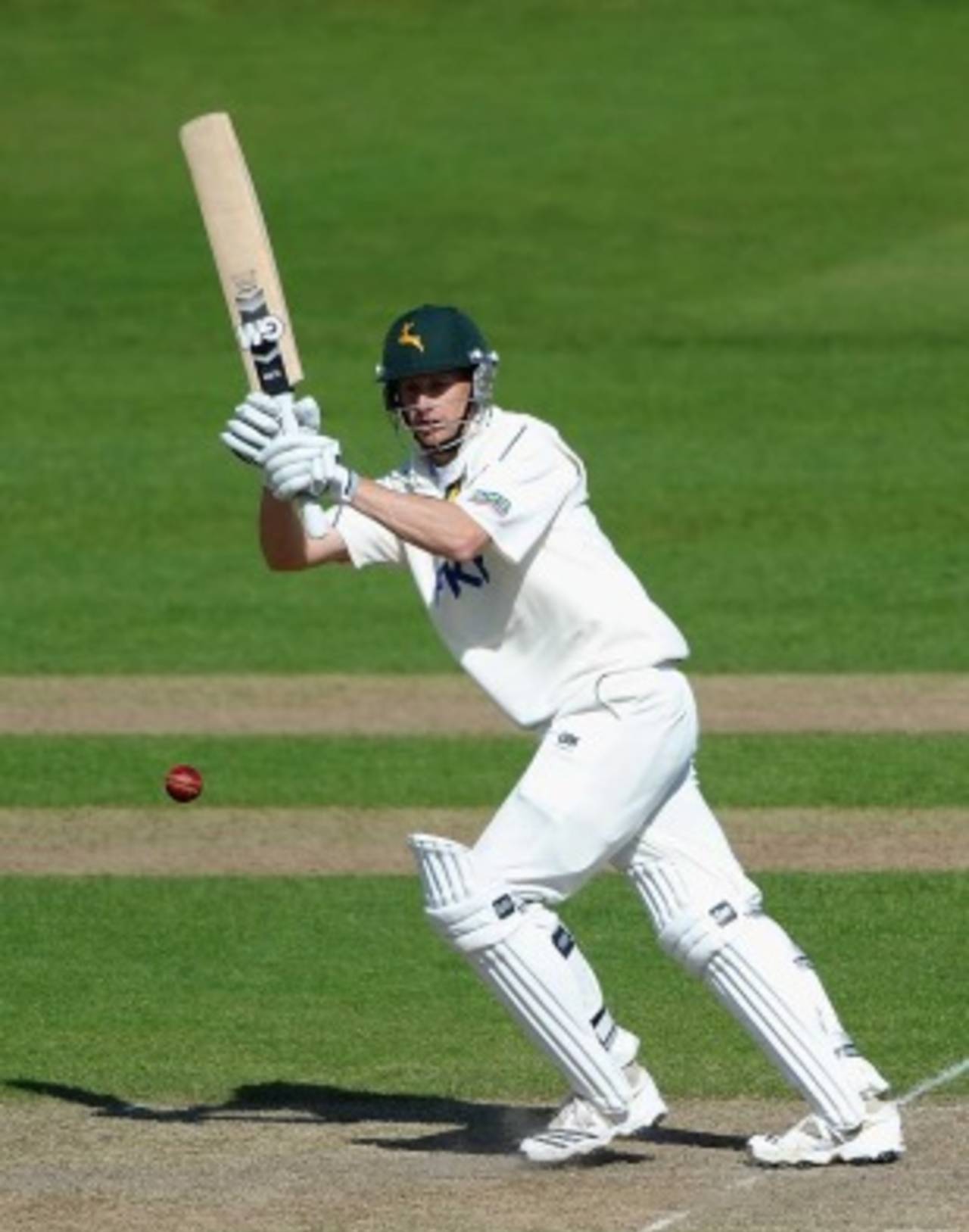Anti-corruption training for county overseas players
All overseas cricketers who sign up for a stint in English county cricket will be forced to complete the anti-corruption training
Andrew McGlashan
Feb 22, 2012, 3:21 PM

Overseas players, such as Adam Voges, will face the same anti-corruption training as English cricketers • Getty Images
All overseas cricketers who sign up for a stint in English county cricket will be required to complete the anti-corruption training that is now mandatory for domestic players in the wake of the prison sentence handed out to the former Essex seam bowler Mervyn Westfield for spot fixing.
The Professional Cricketers' Association (PCA) is working closely with the ECB to ensure that non-English players cannot bypass the corruption course, even if their contract with a county side is a short one.
During the sentencing of Westfield at the Old Bailey last week it was alleged that Danish Kaneria, the Pakistan leg spinner, was the go-between in a deal where Westfield was given £6000 to concede a set number of runs off an over during a Pro40 match against Durham in 2009.
The PCA is already at an advanced stage in implementing online tutorials for all domestic players that must be completed before the 2012 season begins on April 5.
Details of how to ensure 100% compliance with the new regime are still being hammered out with the ECB, but the PCA is insistent that every player in county cricket should take the course.
"We want all overseas players to go through this process and we need to decide how much time they have to complete the process," Angus Porter, the PCA chief executive, said. "We are currently in discussions with the ECB about the mandatory element."
The involvement of all overseas players brings additional challenges. One part of the process that still needs to be developed is to have the course available in multi-lingual formats for players whose first language is not English, one of 11 recommendations made by the MCC's anti-corruption working party which has sent its full report to the ICC on Wednesday.
"The language point is a good one and something we don't have yet but we are very aware that it is something we need to explore," Porter said.
Despite events of recent weeks, Porter remains adamant that English cricket has the best anti-corruption systems available. "I have to say I think the level of anti-corruption training on offer to our domestic and England players is superior to anything on offer worldwide."
The MCC working party praised the ECB's decision to create an amnesty for players to report suspicions about corruption and said that other boards should follow their lead. It is an offence for a player not to report an approach but the ECB has given players until April 30 to make concerns known.
Following its January meeting in Cape Town the MCC world cricket committee produced ten recommendations for tackling corruption and an eleventh has been included on the final report submitted to the ICC asking for the ECB's approach to be mirrored worldwide.
"National Cricket Boards should follow the example of England and Wales Cricket Board in offering a short-term amnesty to any player or other person involved in cricket who, within the designated period, reports an approach or other suspicions or knowledge of illegal activity of a corrupt kind," the working party said.
Other MCC recommendations made at a meeting of their world cricket committee in Cape Town last month included lifetime bans for any captain, vice-captain or coach found guilty of fixing and the removal of minimal sentences in the ICC's anti-corruption code to allow disciplinary panels more flexibility in sentencing.
Steve Waugh, who chaired the MCC anti-corruption working party, said: "Cricket's administrators need to be bold in their actions and cannot be complacent in the fight against corruption. I have for some time advocated the idea of amnesties for players or officials so am particularly pleased to see the ECB's stance on this issue. I now hope that ICC takes on board what our committee - and what players around the world - are saying and we can stamp out corruption in the sport."
Edited by David Hopps
Andrew McGlashan is an assistant editor at ESPNcricinfo